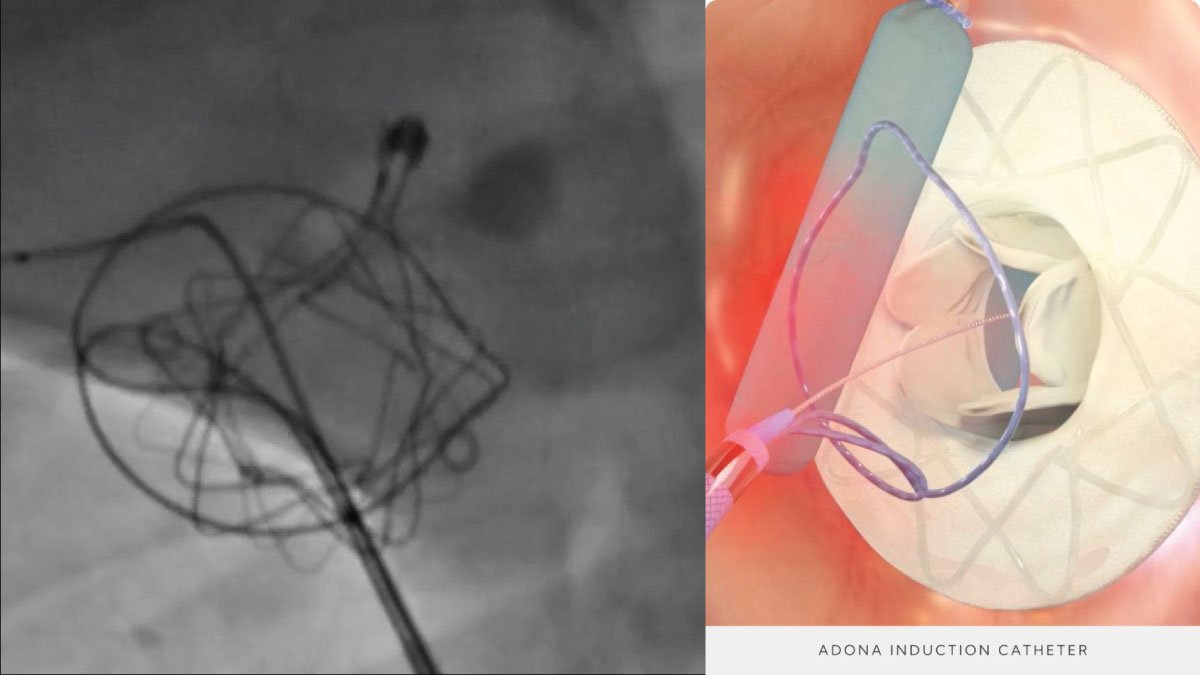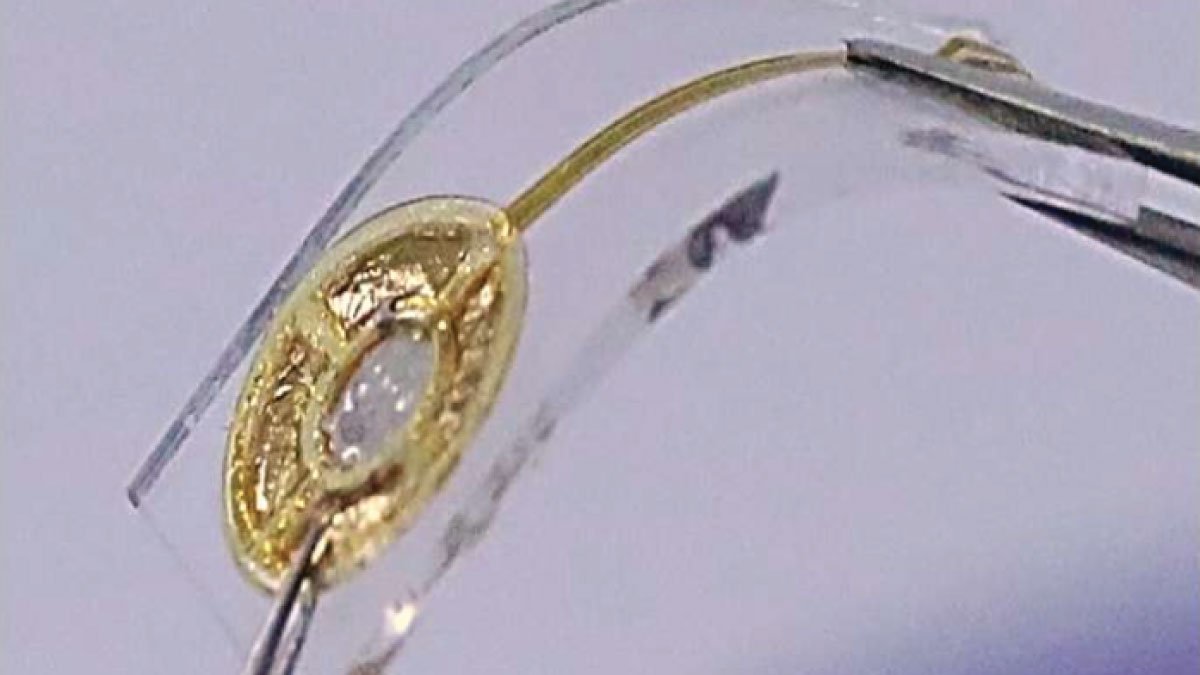Gene Inactivation in Pancreatic Cancer of Early Stages Fuels Aggressive Tumor Growth

Researchers from Nottingham Trent University have made significant progress in our knowledge of the course of pancreatic cancer. According to the study, in the early stages of pancreatic cancer, inactivation of a particular gene called HNF4A is crucial because it promotes aggressive tumor growth and dissemination. This finding not only adds to our understanding of the illness but also suggests possible targets for treatment.
Investigating the Gene Inactivation in Pancreatic Cancer
The HNF4A gene, which is well-known for its function in cellular defense against oxidative stress, was the focus of the research team at Nottingham Trent University’s John van Geest Cancer Research Centre, which was headed by Dr. Maria Hatziapostolou. Early inactivation of the HNF4A gene in pancreatic cancer eliminates a vital defensive mechanism and permits unrestrained growth of malignant cells.
This work established a direct correlation between the suppression of HNF4A and the rapid growth of pancreatic tumors using cutting-edge DNA sequencing and molecular analysis. Through patient sample analysis and comprehensive genetic profiling, the researchers produced strong evidence supporting the critical role HNF4A plays in controlling tumor growth and metastasis in pancreatic cancer.
Uses of the Discovery Inactivation in Pancreatic Cancer
- Enhanced Knowledge of Tumor Biology: The discovery of the HNF4A gene’s involvement in pancreatic cancer offers a deeper understanding of the molecular processes that result in the development of tumors. This information can aid in the creation of tailored treatments that target the disease’s underlying genetic causes.
- Creation of Targeted Therapies: The research emphasizes how focusing on the HNF4A pathway may help patients with pancreatic cancer stop or prevent the growth of their tumors. Medication that can either compensate for the loss of HNF4A or reactivate it may provide patients with additional options for treatment when their present options are restricted.
- Early Detection and Monitoring: Knowledge of the genetic changes associated with pancreatic cancer can help create diagnostic instruments that identify the illness earlier. Since pancreatic cancer is frequently detected late and has few treatment choices, this could be essential to raising survival rates.
Upcoming Developments in Pancreatic Cancer Treatment
The results of this investigation represent a major breakthrough in the fight against pancreatic cancer. Now that the genetic pathways underlying the disease have been identified, researchers may concentrate on creating more targeted and potent treatments. The following outcomes are anticipated from the application of genetic knowledge to cancer treatment and management:
- Personalized Health Care: It is anticipated that treating patients according to their genetic profile will become standard practice, increasing the effectiveness of cancer treatments and lowering adverse effects.
- Advanced Diagnostic Instruments: Finding genetic markers linked to cancer would improve early detection and make it easier for medical professionals to track the course of the illness.
Conclusion
Research and therapy approaches have changed as a result of the identification of the HNF4A gene’s function in the early phases of pancreatic cancer. By concentrating on the genetic elements that lead to tumor formation, researchers are creating new therapeutic options to fight this fatal illness. It is anticipated that the current research in this field will produce novel treatments and diagnostic instruments that will greatly enhance the prognosis of patients with pancreatic cancer.




















